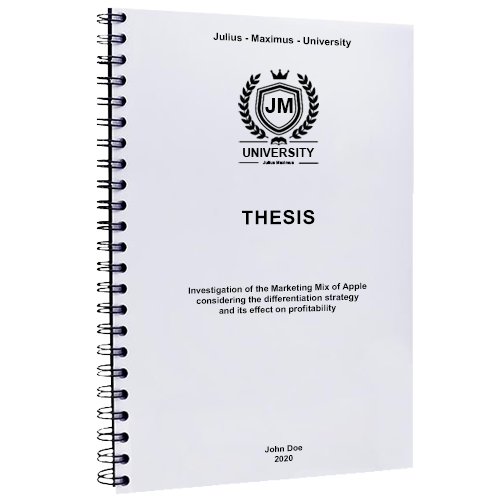Pursuing a master’s or doctorate while working can seem like a fun experience; after all, the job gives you the money needed to sustain the lifestyle you want. This can involve living off-campus in a decent apartment and going for dinner, and ordering anything you feel like eating on the menu without having to stop supporting your family. However, a recent survey shows that college years are stressful times.

You might assume that it is normal for a student who also has a full-time job to be stressed, but the stress levels are overwhelming, and when not taken care of, can lead to depression. Over 20% of college students experience more than six stressful life events, which affect their academics, occupation, and personal relationships. Stress has an emotional impact on learners’ mental health and plays a major role in the rise of sleep difficulties commonly experienced by students.
This shows individuals with a tight schedule have to maintain a sense of well-being while managing work and school. Here are the best approaches to follow to help graduate students keep their stress level low and make the most of their time in school.
Have a Calendar
Many people consider the calendar obsolete after all mobile devices show the date and time. However, for a student, a calendar is a must-have. It helps to prioritize activities and assignments so that you can avoid missing the deadline. At the start of each semester, input all events you plan to attend, exam dates, and assignment deadlines. You can even color-code each task, which helps you stay on top of things.
A calendar helps you stay organized, is inexpensive, and suitable for keeping personal, academic, work, and life balanced. Whenever you notice you have a hectic schedule and need more free time, economics hw help can make the academic workload easier, which is better than pulling up an all-nighter. Learning from a subject expert is also a great way to understand concepts.
Set Aside Some Alone Time
From attending classes, corporate occasions, volunteering, assignments, after-class discussion groups, special events and study time, you can have several things going on in your life that you barely have time for yourself.
Without setting a few hours or even days for yourself, you can experience burnout and run out of energy. This means your productivity at school and work will deteriorate. The trick to achieving a balanced life and boost productivity is always to dedicate time to self-care.
It doesn’t have to be a lot of time. It can be as simple as setting every last weekend of the month to do something not related to school or work. You can use the time to garden, open a bottle of wine and read a book, binge watch a series or go to a spa and get pampered. It all depends on your preference, but the bottom line is that you should schedule a time to treat yourself.
Start Preparing for Tests and Exams Early
All successful graduate students have one thing in common: they work smarter rather than harder. The exam maybe a few months away, but it’s best to start studying at the beginning of the semester. This gives you enough time to learn the basic concepts and understand the course.
Having an early start prevents you from cramming the whole syllabus in a few days, which results in the information falling into short term memory. By creating a study timetable, you will know how much time you have after work and designate some of it to study, allowing you to stay on top of all that needs to be done. This results in you being able to balance school life with a full-time job.
Be Personally Accountable
Developing personal accountability is one way of maintaining a balanced life and measuring progress and success. When you are accountable, you can identify the causes of stress and reduce the effects. Besides, achieving and maintaining school-work balance takes time and requires you to evaluate yourself frequently. That way, you can be sure that one aspect of your life is not being sacrificed at the expense of another.
Accountability also leads to honesty, which allows you to develop reasons why you have to work and study. This, in turn, gives you the motivation you need to keep pursuing that specific path and acts as a reminder of why you have to keep fighting to balance your life even when you are struggling. For instance, you will remember why going to school will give you the skills needed to advance your career.


